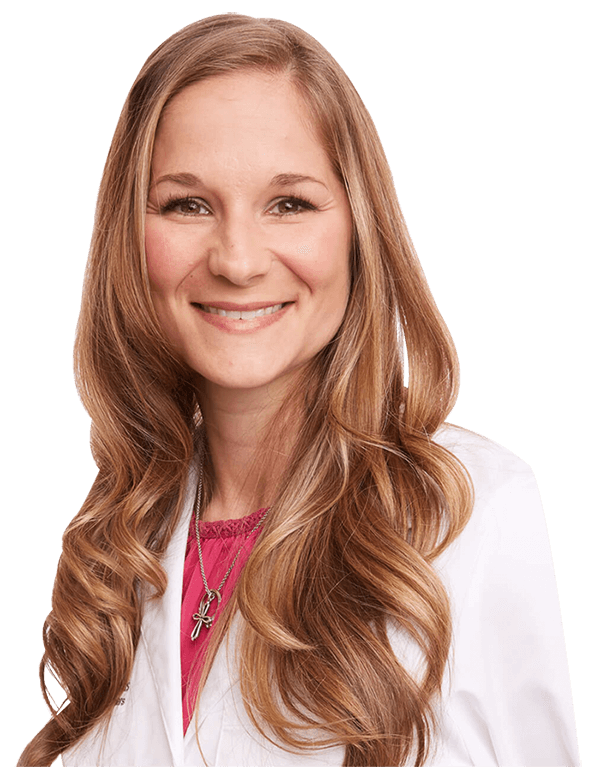
Breast inflammation, also known as breast cellulitis, is a painful condition typically caused by a bacterial infection. Dr. Lindsay Keith, a renowned breast surgeon, provides expert diagnosis and treatment for patients suffering from this condition, ensuring top-notch, compassionate care.
Breast inflammation involves redness, swelling, and warmth in the breast, usually due to an underlying bacterial infection. It can affect anyone, regardless of age or gender, but it’s more common in women.
The diagnosis of breast inflammation includes a thorough physical examination and a review of medical history. Dr. Keith might also recommend imaging tests like an ultrasound or mammogram, and in certain cases, a biopsy might be necessary to rule out other conditions like inflammatory breast cancer.
Breast inflammation is typically treated with antibiotics to combat the underlying infection. In some cases, if an abscess (collection of pus) has formed, it may require drainage.
Dr. Lindsay Keith combines her vast surgical experience with her empathetic approach to offer individualized treatment for patients with breast inflammation. She works closely with each patient to develop an effective care plan that addresses their unique needs.
Facing a breast condition like inflammation can be distressing. Dr. Keith and her team are committed to providing patients with the support, resources, and care they need, ensuring a smooth recovery journey.
If you are experiencing symptoms of breast inflammation, don’t hesitate to schedule a consultation with Dr. Lindsay Keith. Your health and comfort are our priority.
1. Can breast inflammation be a sign of cancer?
Although inflammation is usually due to an infection, it can sometimes be a symptom of inflammatory breast cancer, a rare but aggressive type of cancer. Therefore, any persistent inflammation should be evaluated by a healthcare professional.
2. How can I prevent breast inflammation?
Maintaining good hygiene and treating any skin conditions promptly can help prevent breast inflammation. Breastfeeding mothers should ensure good breastfeeding techniques to prevent nipple damage, which can lead to infection.
3. How long does it take for breast inflammation to improve?
The duration depends on the severity of the inflammation and the effectiveness of the treatment. With appropriate treatment, symptoms often improve within a week. However, it’s important to complete the prescribed course of antibiotics even if the symptoms have resolved.
Answering the call to serve has been my life work, and being your doctor is an immense privilege. Thank you for entrusting me with your care.


1830 Heritage Park Plaza Murfreesboro, TN 37129 (near me)
(615) 900-2621
Schedule a Consultation
Mon-Fri 8AM-5PM